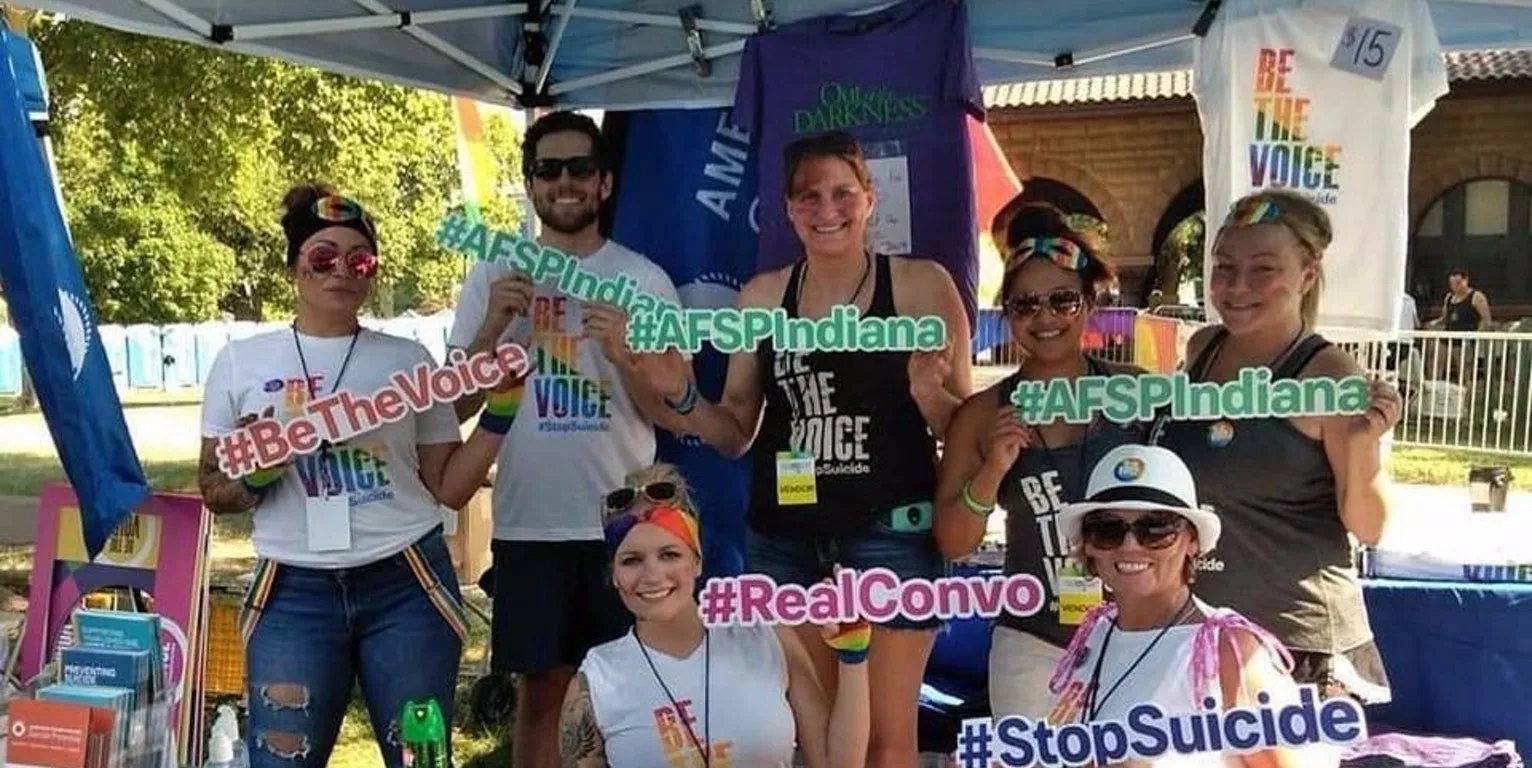Share This, Not That
Mental Health is a popular topic on social media, and sometimes contributors exaggerate the trend and prevalence for the sake of getting ‘clicks’. At the same time, suicide prevention is a topic near and dear to Kenosis Counseling. We asked Kelsey Steuer, Indiana State Director of the American Foundation for Suicide Prevention about the ethical coverage of suicide on social media. Kelsey agrees that we must hold ourselves accountable for ethical suicide reporting by keeping these three tips in mind.

Did you know that certain ways of speaking about suicide can increase its prevalence? According to Kelsey, it is important to be mindful of our headlines, details, phrasing, and even images used on this subject. The American Foundation for Suicide Prevention is an advocacy organization that funds research and educates the public on suicide prevention. In journalism, Kelsey warns of the power of ‘social proof’: a psychological and social phenomenon wherein people copy the actions of others. The Foundation provides journalists with statistics, fact sheets and resources related to suicide. Here are some highlights:
1. Don’t Share This:When discussing suicide, don’t describe it as “a growing problem” or an “epidemic”. Sensationalizing suicide like this creates contagion. Do not include details or images of lethal means or method used, excluding graphic depictions of a suicide death or other specific details such as location. These may be examples of negative‘social proof’, in which individuals may seek to copy acts with dire consequences.
2. Instead, Share This
Focus on the positive. Convey that suicidal thoughts and behaviors can be reduced with the proper mental health support and treatment, and are not weaknesses or flaws. Always provide helpline information — “If you are in crisis, please call the National Suicide Prevention Lifeline at 1-800-273-TALK (8255), or contact the Crisis Text Line by texting TALK to 741741”. The vast majority of those experiencing suicidal ideation go on to recover.

Christine Turo-Shields preaches positive psychology, and states that there are many instances of positive social proof on this matter if we keep our eyes open. For example, in the early 2000’s, Zimbabwe had to get creative to address mental health issues with only a few psychiatrists for over 13 million citizens. A project called The Friendship Bench was instituted as an open, public place to seek a friendly ear. Anyone could come and sit on this bench, and community members would know it signalled someone struggling with mental illness. The program was a huge success, as it openly demonstrated reconnection with the community and recovery in a public way. Moreover, the culture uses language in a different, positive way. According to this NPR article, the culture naturally tends to “avoid the Western terms of ‘Depression’ or ‘Anxiety’…Instead, the counselors suggested that ‘someone has been “thinking a bit too much” and guide them through the ‘opening of the mind’, ‘uplifting’, and ‘strengthening’.

3. Participate!
Awareness events like American Foundation For Suicide Prevention‘s Out Of The Darkness Walk are a hugely popular way to experience the benefits of community without risking improper coverage of the subject. While there are many walks across the state, 2019’s Indianapolis Out of the Darkness Walk takes place September 14. Reach out to American Foundation for Suicide Prevention- IndianaChapter for sign-up information!Thank you to Kelsey Steuer, Indiana State Director of our local American Foundation for Suicide Prevention. We look forward to seeing you all at the upcoming Out of the Darkness Walk! Click here for more from Kenosis on showing support, or see below for additional AFSP tools and resources for speaking on this sensitive subject!

Resources:
After a Suicide: A Toolkit for Schools
Healthcare Professional Burnout, Depression and Suicide Prevention
Suicide Prevention on University and College Campuses
IASR/AFSP International Summit on Suicide Research
Additionally, the World Health Organization has published a booklet with resources for media.

